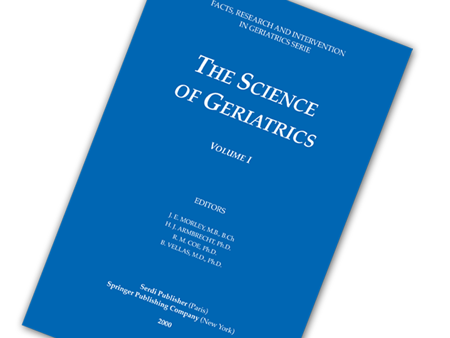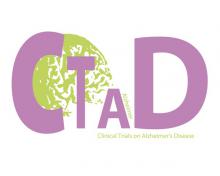Diabetes and frailty (i.e., the state of increased vulnerability to stressors) are commonly found in older individuals, often existing side-by-side. Both conditions have proven to be independently associated with negative health-related outcomes, such as hospitalization and mortality (1, 2). Growing interest is given to the possibility that their simultaneous presence in the individual might give life to interactions potentially affecting the clinical management (3, 4).
In this issue of the Journal of Frailty and Aging, FerriGuerra and colleagues (5) explore the link between frailty, diabetes and health-related outcomes. In the study, data from 763 community-dwelling Veterans affected by diabetes are retrospectively analysed. Study participants are stratified by the presence of frailty (defined according to the results of a 44-item Frailty Index (6)). In the regression model, frailty is found to be independently associated with all-cause hospitalization (Hazard Ratio [HR] 1.71; 95% Confidence Interval [95%CI] 1.31-2.24, p<0.001) and mortality (HR 2.05; 95%CI 1.16-3.64, p=0.01), even after adjustment for potential confounders. The study suggests an important take-home message for clinicians: the identification and management of frailty may reduce healthrelated negative outcomes in diabetic patients. In other words, frailty in diabetes should be considered a special and specific target for clinical interventions.
(1) L. Orlandini , M. Cesari; J Frailty Aging 2020;in press



